Running on pavement can be tough on your joints and feet, but selecting the right pair of running shoes can make all the difference. In this article, we look into the best running shoes for pavement, keeping in mind comfort, durability, support, and the latest technologies. Whether you’re a casual jogger or a marathon runner, our guide will help you find the perfect pair.
Understanding Pavement Running
Pavement running poses unique challenges, including hard surfaces that can lead to impact-related injuries. The right shoes help absorb shock and provide support, which can be essential for preventing injuries. Let’s break down what to look for in running shoes designed specifically for pavement.
Key Features of Running Shoes for Pavement
- Cushioning: Look for shoes with ample cushioning to absorb shock and reduce the impact on your joints.
- Support: Adequate arch support is crucial, especially for long-distance running on hard surfaces.
- Durability: Pavement can wear down shoes quickly, so robust materials are essential.
- Traction: Consider the traction patterns of the outsoles to prevent slipping on wet or uneven pavements.
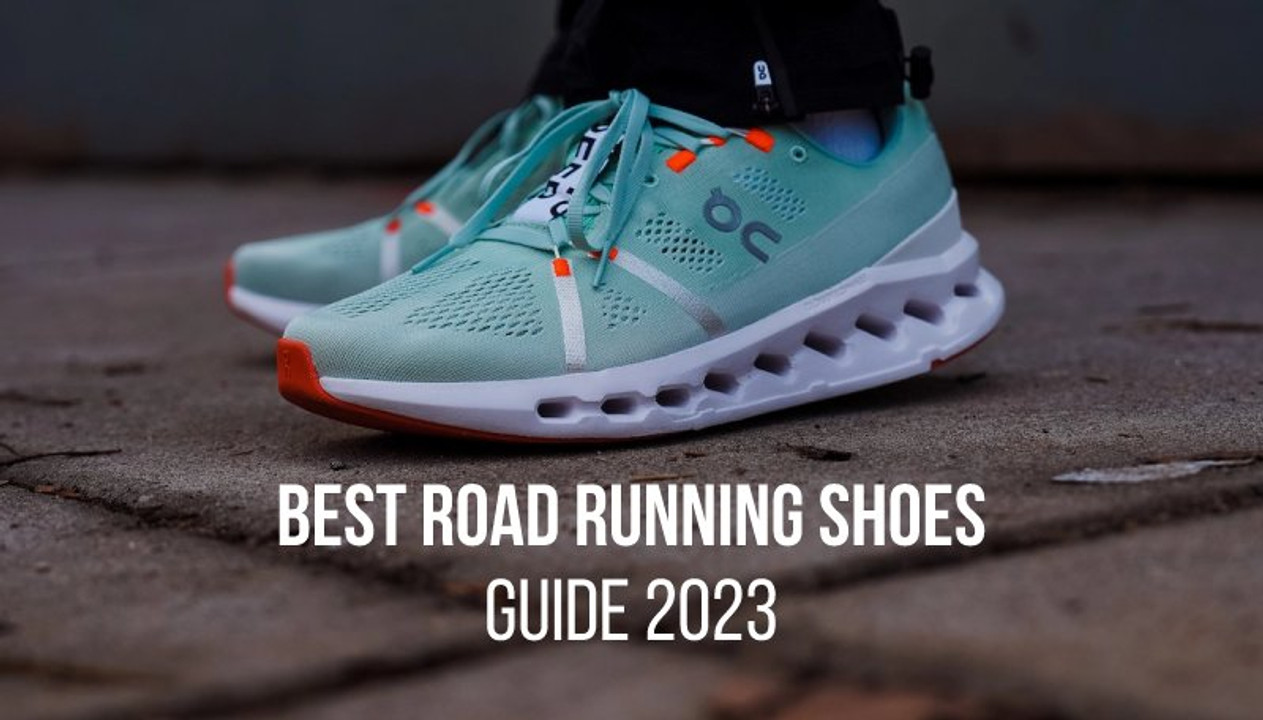
Top 10 Best Running Shoes for Pavement
Below we’ve reviewed ten of the best running shoes for pavement, emphasizing their features, pros, and cons.
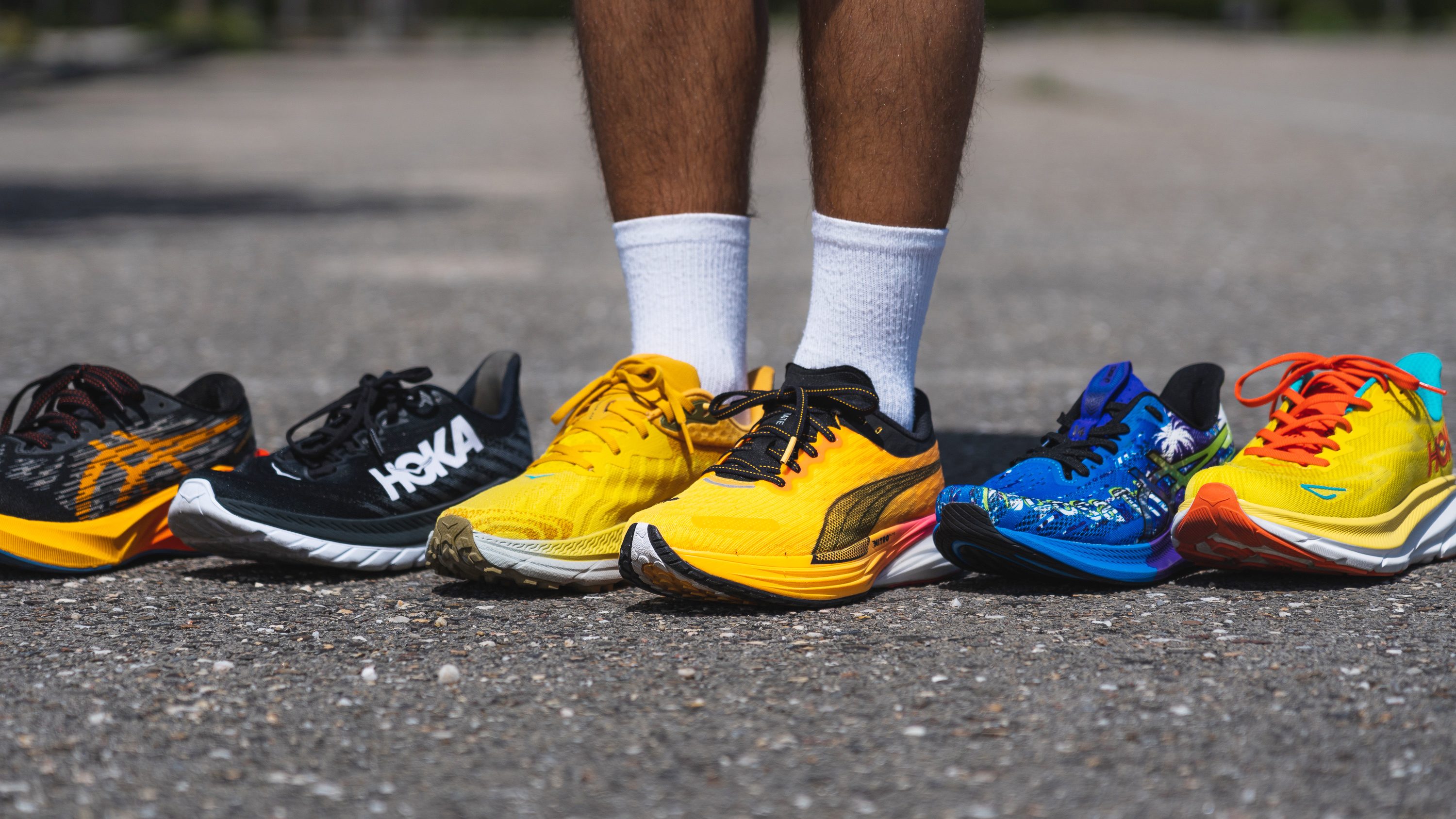
| Model | Cushioning | Support | Durability | Price |
|---|---|---|---|---|
| Asics Gel-Nimbus 24 | High | Neutral | Excellent | $169.95 |
| Nike Air Zoom Pegasus 39 | Medium | Neutral | Good | $129.99 |
| Brooks Ghost 14 | Medium | Neutral | Good | $139.95 |
| Saucony Ride 14 | Medium | Neutral | Excellent | $139.95 |
| New Balance Fresh Foam 1080v11 | High | Neutral | Good | $159.99 |
| Hoka One One Clifton 8 | High | Neutral | Excellent | $140.00 |
| Adidas Ultraboost 22 | High | Neutral | Good | $189.95 |
| On Cloudstratus | Medium | Neutral | Good | $169.95 |
| Altra Escalante 2.5 | Medium | Neutral | Good | $140.00 |
| Mizuno Wave Rider 25 | Medium | Neutral | Excellent | $134.99 |
1. Asics Gel-Nimbus 24
The Asics Gel-Nimbus 24 is a highly cushioned shoe known for its plush feel and excellent energy return. It features the Gel technology for effective shock absorption and a breathable mesh upper.
Pros:
- Exceptional cushioning.
- Great for long distances.
- Durable construction.
Cons:
- Higher price point.
- Heavier than other models.
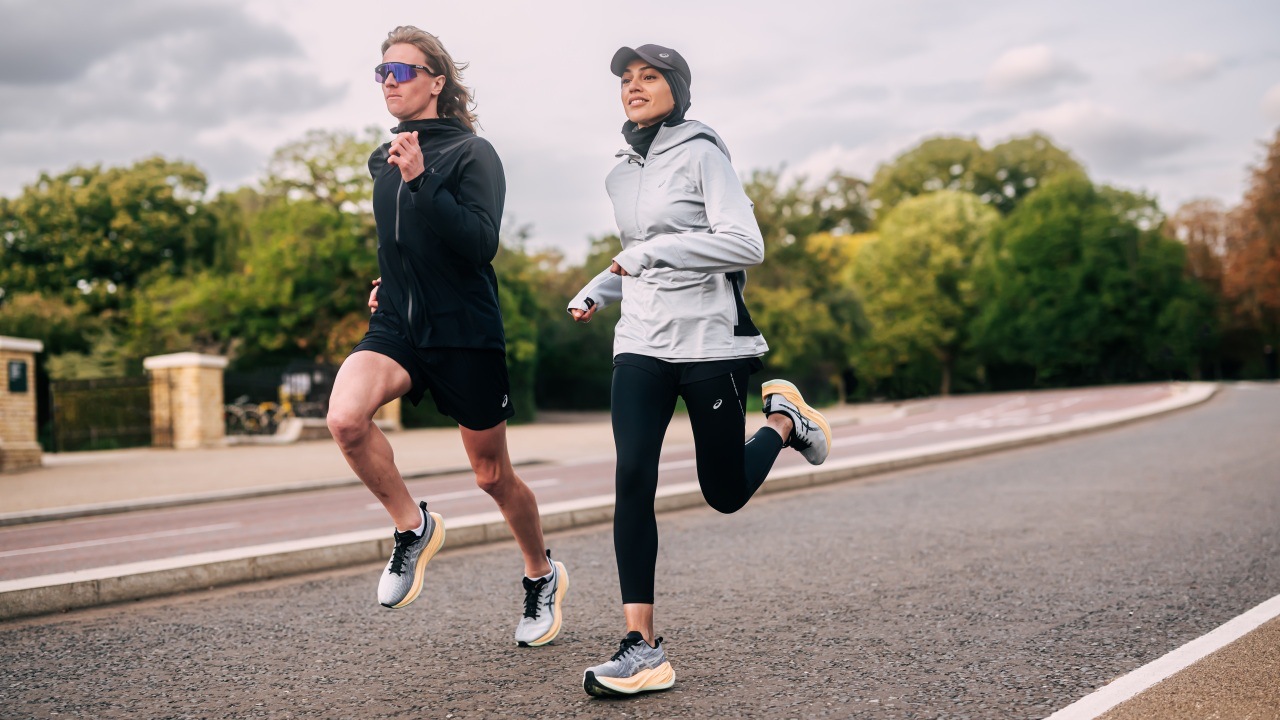
2. Nike Air Zoom Pegasus 39
The Nike Air Zoom Pegasus 39 is a versatile running shoe suitable for various distances. It offers responsive cushioning with a lightweight, breathable design ideal for pavement running.
Pros:
- Lightweight and comfortable.
- Responsive cushioning.
Cons:
- May not offer enough support for some runners.
3. Brooks Ghost 14
This shoe blends softness and responsiveness, making it a favorite among pavement runners. Its segmented crash pad allows for smooth transitions while running.
Pros:
- Great balance of cushioning and responsiveness.
- Durable outsole.
Cons:
- Can feel a bit bulky for some runners.
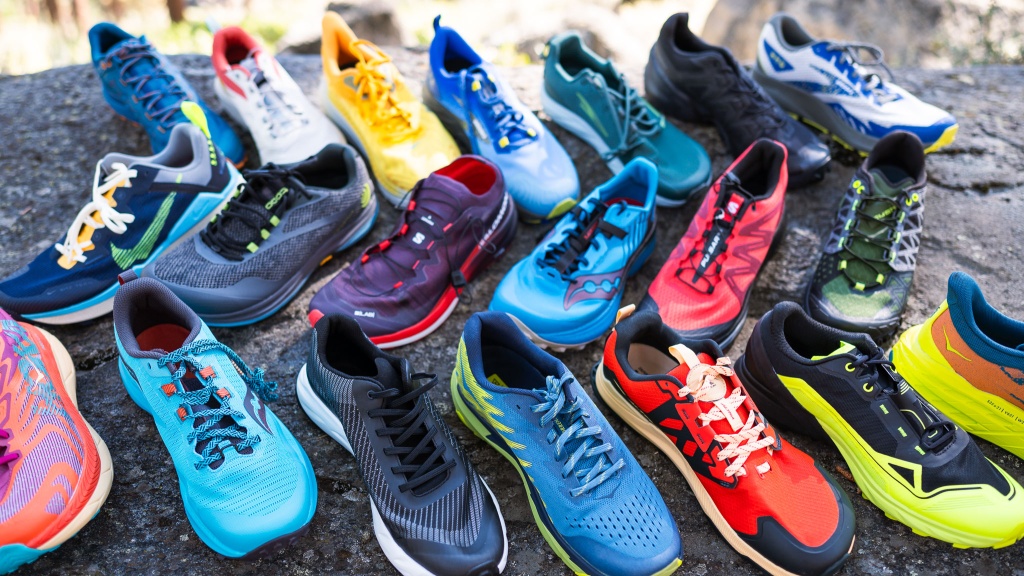
4. Saucony Ride 14
The Saucony Ride 14 balances comfort and performance. It has a lightweight, breathable upper and a plush midsole, perfect for long runs on pavement.
Pros:
- Excellent cushioning.
- Breathable design.
Cons:
- May run narrow for some foot shapes.
5. New Balance Fresh Foam 1080v11
Known for its plush cushioning, the Fresh Foam 1080v11 is perfect for running on hard surfaces. It has a roomy toe box and a supportive fit.
Pros:
- Plush cushioning.
- Great for long-distance running.
Cons:
- Some runners find it too soft for speed work.
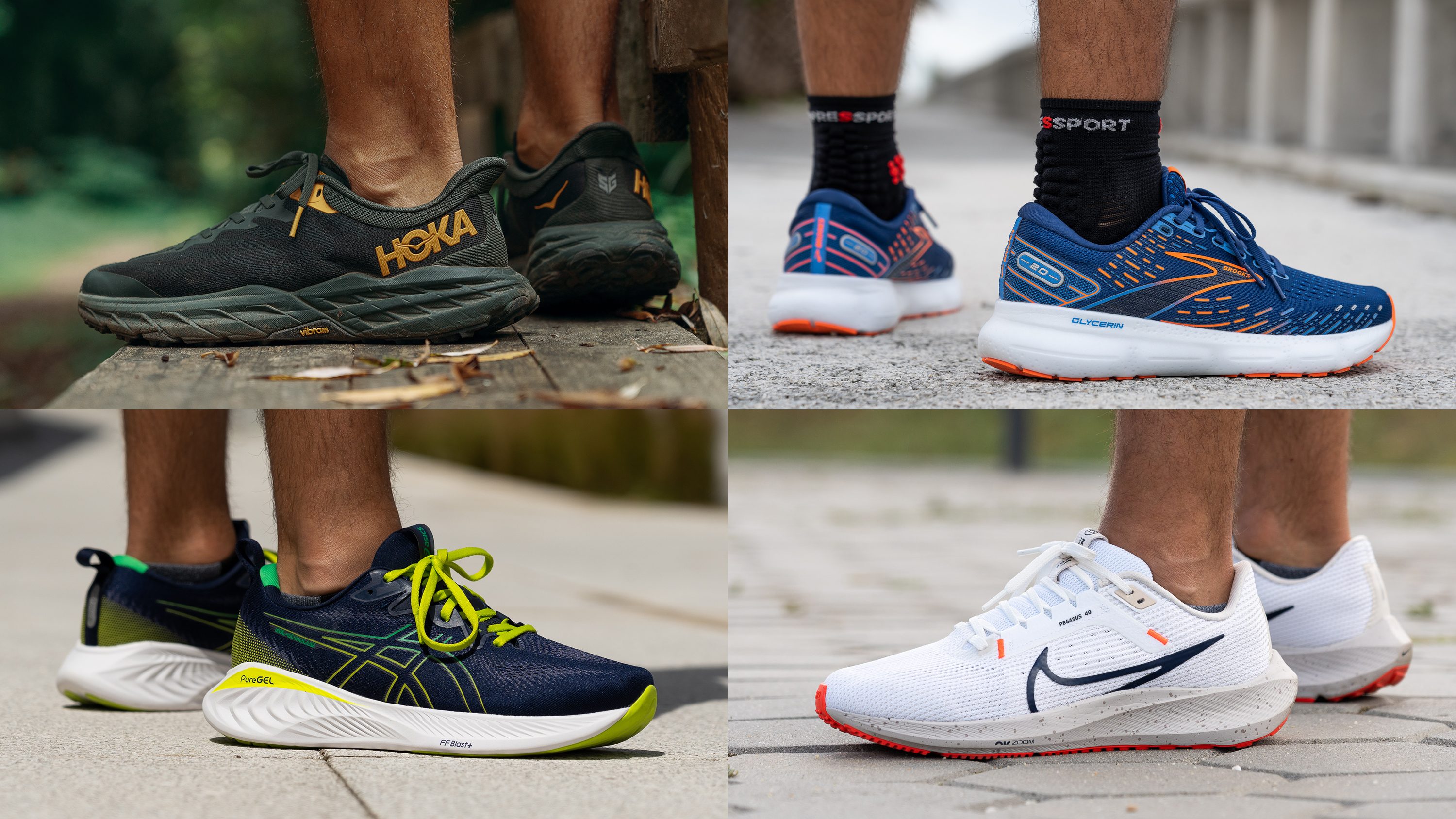
6. Hoka One One Clifton 8
The Clifton 8 is a highly cushioned, lightweight running shoe that offers a smooth ride. Its early-stage Meta-Rocker technology enhances efficiency on pavement.
Pros:
- Very lightweight for a cushioned shoe.
- Excellent shock absorption.
Cons:
- Some may prefer a more traditional feel.
7. Adidas Ultraboost 22
With its plush Boost cushioning, the Ultraboost 22 provides an incredibly responsive feel. The Primeknit upper offers a snug and flexible fit for comfort during runs.
Pros:
- Responsive cushioning.
- Stylish design for everyday wear.
Cons:
- High price point.
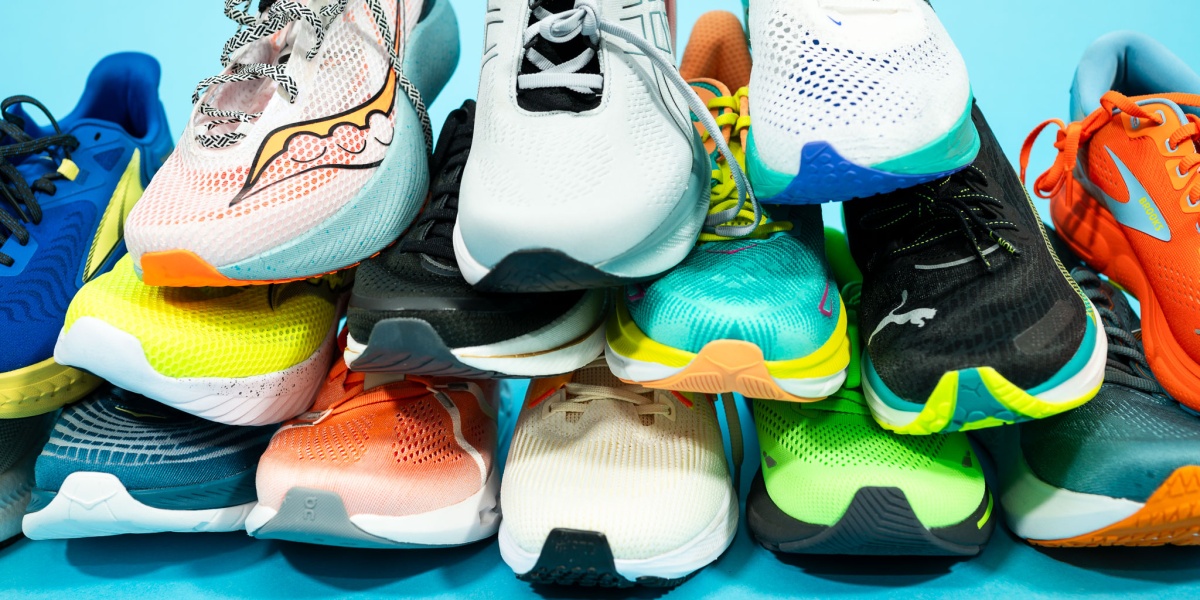
8. On Cloudstratus
The On Cloudstratus features dual-layer cushioning that provides both softness and support. It’s perfect for runners who require comfort without sacrificing responsiveness.
Pros:
- Great cushioning.
- Durable outsole for pavement.
Cons:
- Higher price range.
9. Altra Escalante 2.5
The Altra Escalante is well-known for its Zero Drop platform which promotes a natural foot position. It has ample cushioning while remaining lightweight.
Pros:
- Zero Drop technology.
- Lightweight and comfortable.
Cons:
- Some may find it lacks support for longer runs.
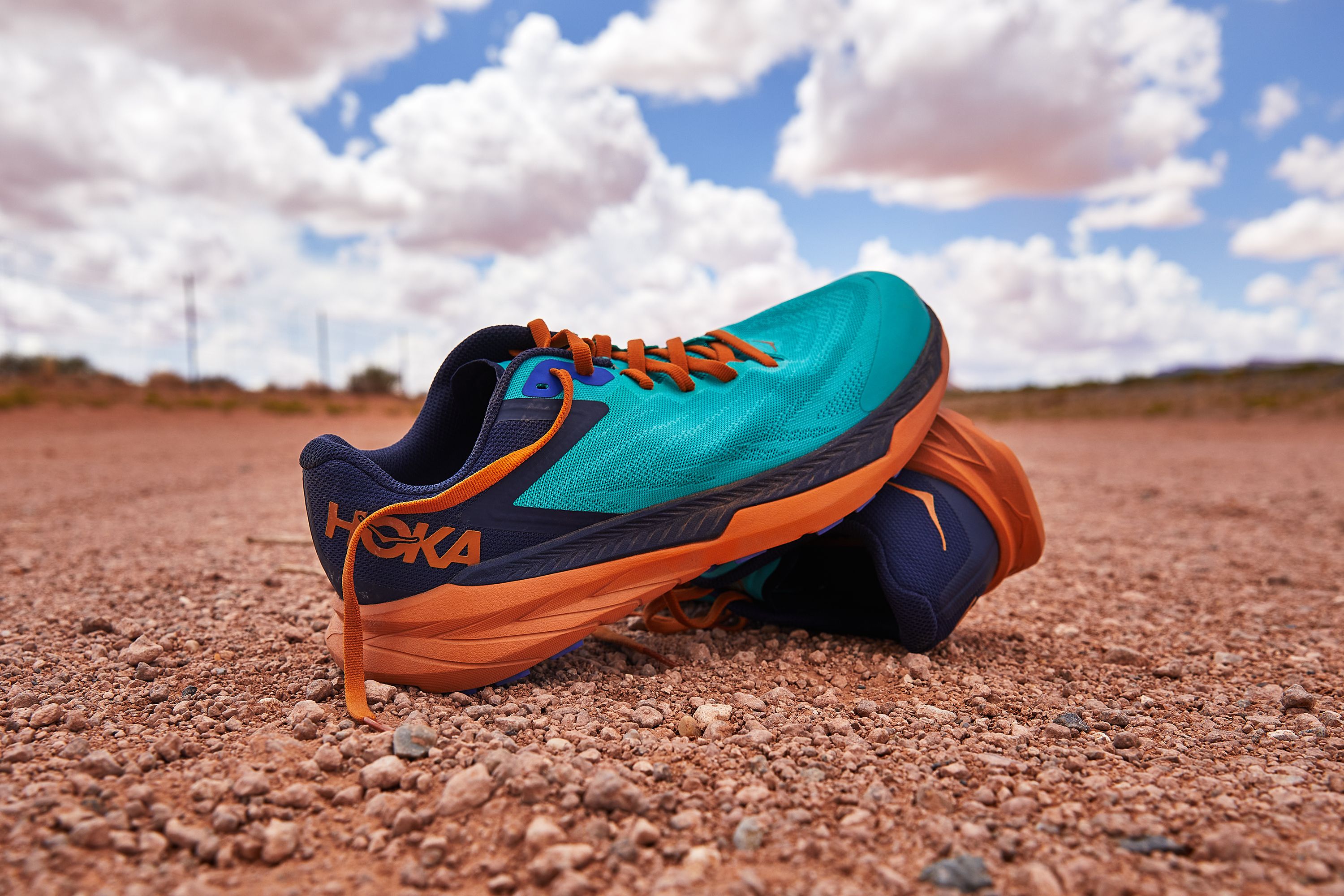
10. Mizuno Wave Rider 25
The Wave Rider 25 offers a balanced performance with cushioning and support. Its unique Wave technology enhances shock absorption and stability on pavement.
Pros:
- Durable and reliable.
- Great for long mileage.
Cons:
- Can be on the heavier side.
How to Choose the Right Running Shoe for Pavement
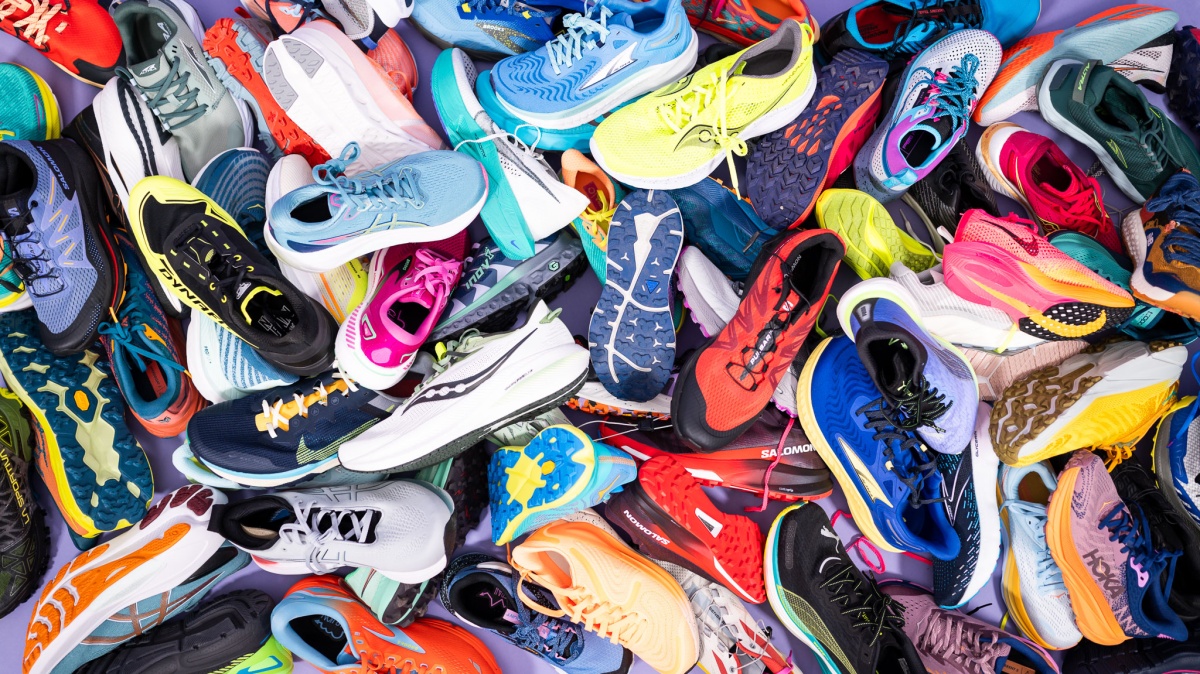
Choosing the perfect running shoe requires consideration of various factors. Here are some tips to guide your decision:
1. Understand Your Foot Type
Your foot type plays a crucial role in selecting the right shoe. Determine whether you have a neutral, flat, or high arched foot. This will help in choosing the appropriate support and cushioning.

2. Consider Your Running Style
Identify if you are a heel striker, midfoot striker, or forefoot striker. Choosing a shoe that complements your running style can enhance comfort and prevent injuries.
3. Think About Distance
Consider how far you typically run. If you’re training for long distances, opt for shoes that prioritize cushioning and support. For shorter runs, you may prefer lightweight options.
4. Test Before You Buy
Try on several shoes, preferably in the evening when your feet are slightly swollen. Walk and jog around the store to get a feel for the fit and comfort.
5. Don’t Forget About Breathability
A well-ventilated shoe will keep your feet cool and dry, which is especially important on hot days or during long runs. Look for mesh uppers that promote airflow.
FAQs about Best Running Shoes for Pavement
What are the most important features to look for in running shoes for pavement?
The most important features include cushioning, support, durability, and traction.
How often should I replace my running shoes?
Typically, running shoes should be replaced every 300 to 500 miles, depending on the shoe’s construction and your running style.
Are more expensive running shoes worth it?
While price doesn’t always equal quality, higher-priced running shoes often feature advanced technologies that enhance comfort and performance, which can be worth the investment.
Can I use trail running shoes on pavement?
While trail shoes can be used on pavement, they’re often heavier and provide less cushioning than pavement-specific shoes, which might not be ideal for long-distance pavement running.
What is the best way to break in new running shoes?
Gradually introduce new shoes by wearing them for short runs, gradually increasing the distance over time to allow your feet to adjust.
Conclusion
Finding the best running shoes for pavement can enhance your running experience significantly, reducing the risk of injury and ensuring comfort. Each runner’s needs vary, so consider the features and models discussed in this guide to select a shoe that matches your running style and preferences. In the end, the right shoe will have you running on pavement comfortably mile after mile.
Additional Resources
For further reading, check out these resources: